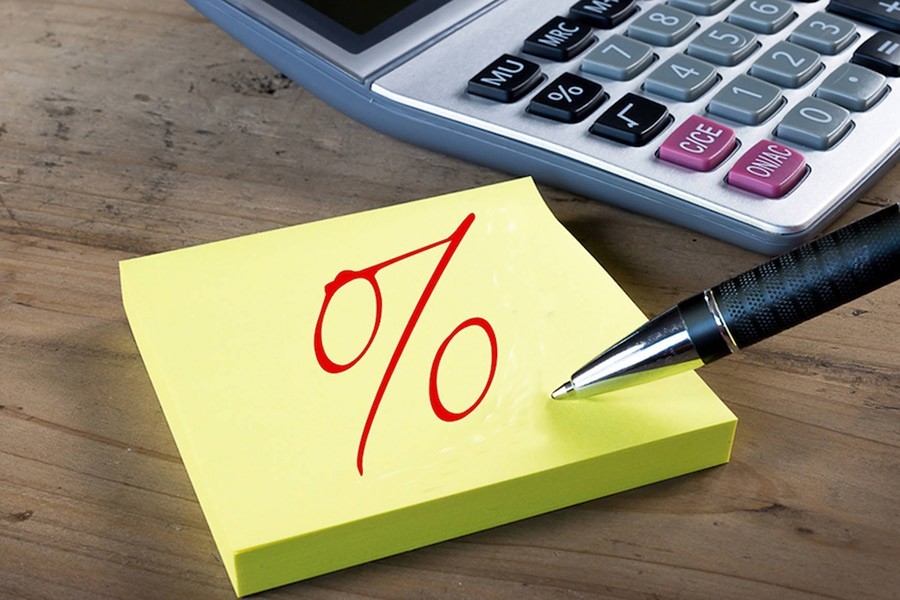The finance ministry has advised the Bangladesh Petroleum Corporation (BPC) not to receive the proposed loan from ITFC at higher rate of interest.
It also asked that the state-run company to bring down the interest rate through negotiations with the International Islamic Trade Finance Corporation (ITFC), sources said.
The finance ministry came up with the suggestions after the BPC sought approval for US$ 1.0 billion ITFC loan at 4.50 per cent interest rate (ITFC calls it 'mark-up rate'), they added.
The interest rate is 0.70 per cent higher than the previous year's mark-up rate of 3.80 per cent.
The finance ministry suggested that the Ministry of Power, Energy and Mineral Resources (MoPEMR) find out more alternative financing sources to take out loan for importing petroleum products, they also said.
The BPC has again sought approval for the ITFC loan from the Standing Committee on Non-Concessional Loan through the MoPEMR.
A high-powered delegation of the state-run agency signed a US$ 1.0 billion loan deal with ITFC at a meeting held on July 10-12 last at Jeddah in Kingdom of Saudi Arabia (KSA). Md Ekhlasur Rahman, additional secretary of the finance division, was a member of the delegation.
"The interest rate on ITFC loan is relatively high. It should be brought down through negotiations with the ITFC," a BPC letter reads.

The letter said, "It is not possible to bring down the interest rate now according to the opinion of the finance ministry as the ITFC loan deal has been signed on the basis of opinion of the delegation members."
Besides, the additional secretary of the finance division was present at the meeting, the letter added.
"The 'mark-up rate' of ITFC loan had been proposed at 4.86 per cent for member states including Bangladesh. But we brought down it to 4.50 per cent from 4.86 per cent through negotiations. The rate is better for the country," a senior BPC official said.
The ITFC loan is mainly used for importing crude oil. Currently, prices of fuel oil are increasing gradually in the global market. LCs price of per parcel crude oil is U$ 65 million now, the BPC letter said.
The new mark-up rate will take effect from next year, according to a BPC document.
Earlier, General Manager (Finance) of BPC Moni Lal Das said, "The mark-up rate of the ITFC loan has been increased due to a surge in the London Interbank Offered Rate (LIBOR)."
The LIBOR rates were lower last year. For this, the mark-up rate was lesser of International Islamic Trade Finance Corporation (ITFC) that received by the BPC, he added.
The BPC have to pay more costs as interest payment against external loan when it will receive the loan, a source concerned said.
The state-run agency has started incurring loss again in oil trading since November last after making substantial profits for last three consecutive years since late 2014, he added.
The government will have to count a large amount of subsidy for meeting the deficit of BPC. Earlier, it had long been paying a large subsidy every year because of a mismatch between procurement and domestic marketing of fuel oils, he also said.
The soaring prices of petroleum products in the international market over the past several months have pushed the BPC back into the red zone.
The BPC will prefer to borrow US$ 800 million initially for 2019, said officials, adding that the remaining US$ 200 million would be borrowed from ITFC to meet contingency requirements, if any.
The amount of loan and the rate of interest were fixed at the meeting in KSA. The tenure of the loan is six months from the date of corresponding disbursement and the rate of interest is 4.50 per cent including administrative fee annually. Letter of Credit (LC) issuance fee was set at 0.20 per cent.
The BPC imported 6.7 million tonnes of petroleum products including diesel, jet fuel, furnace oil and octane in the fiscal year 2017-18, the general manager said, adding that the country requires more or less 7.2 million tonnes of different petroleum products this calendar year.
The BPC incurred losses every year from fiscal year (FY) 2001-02 to FY 2013-14.


